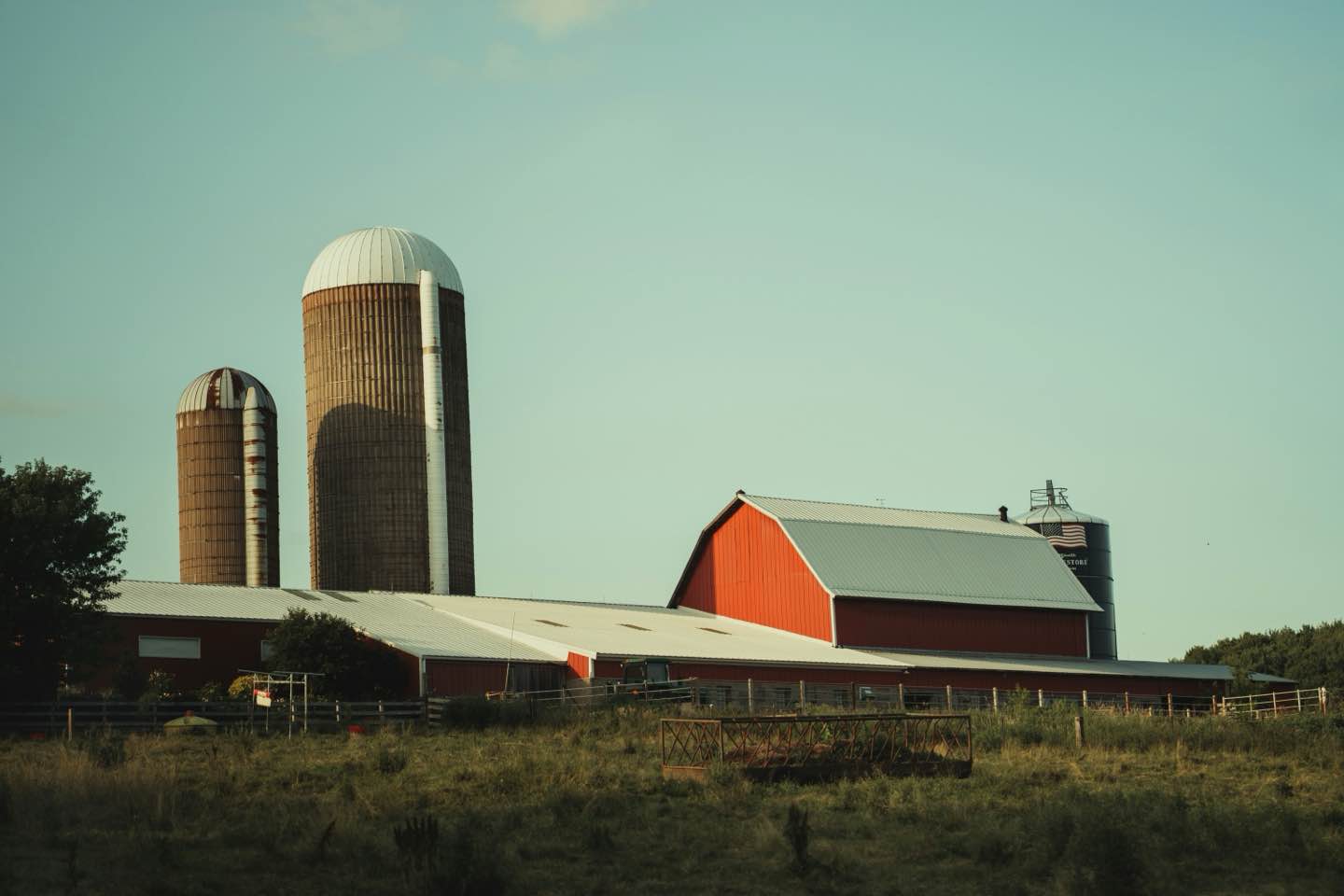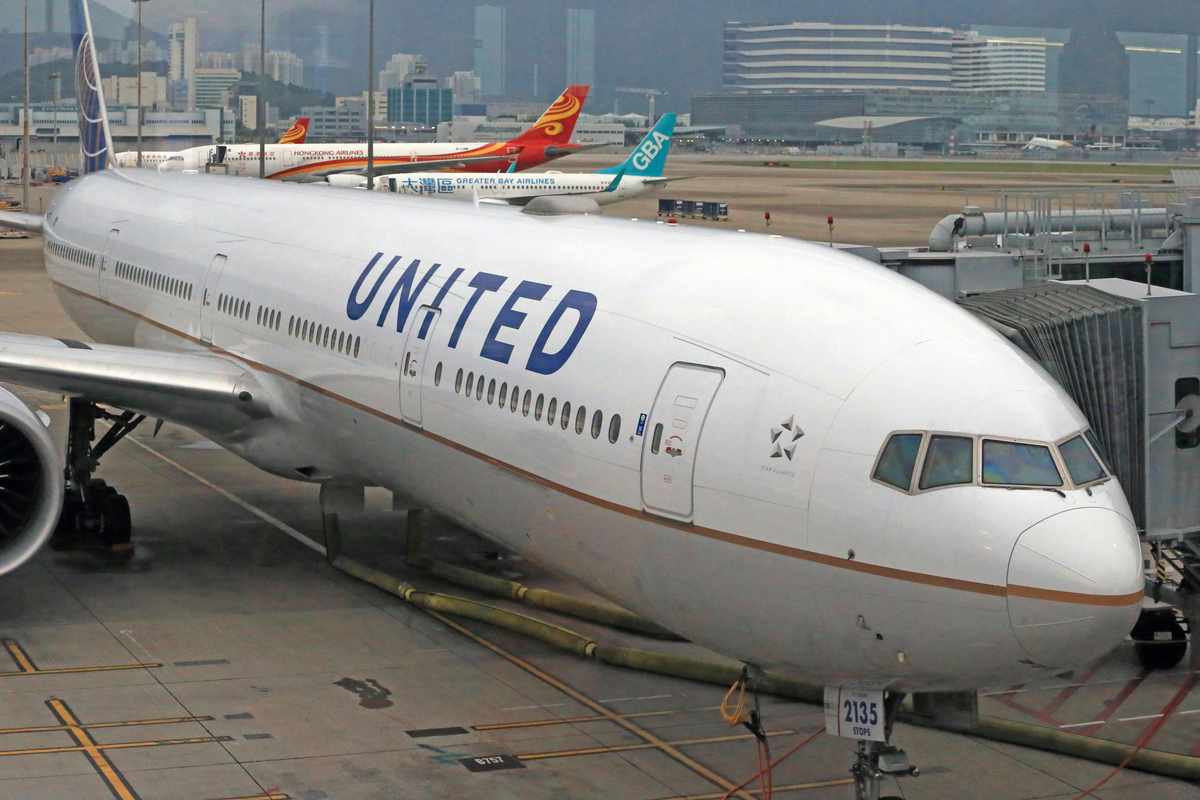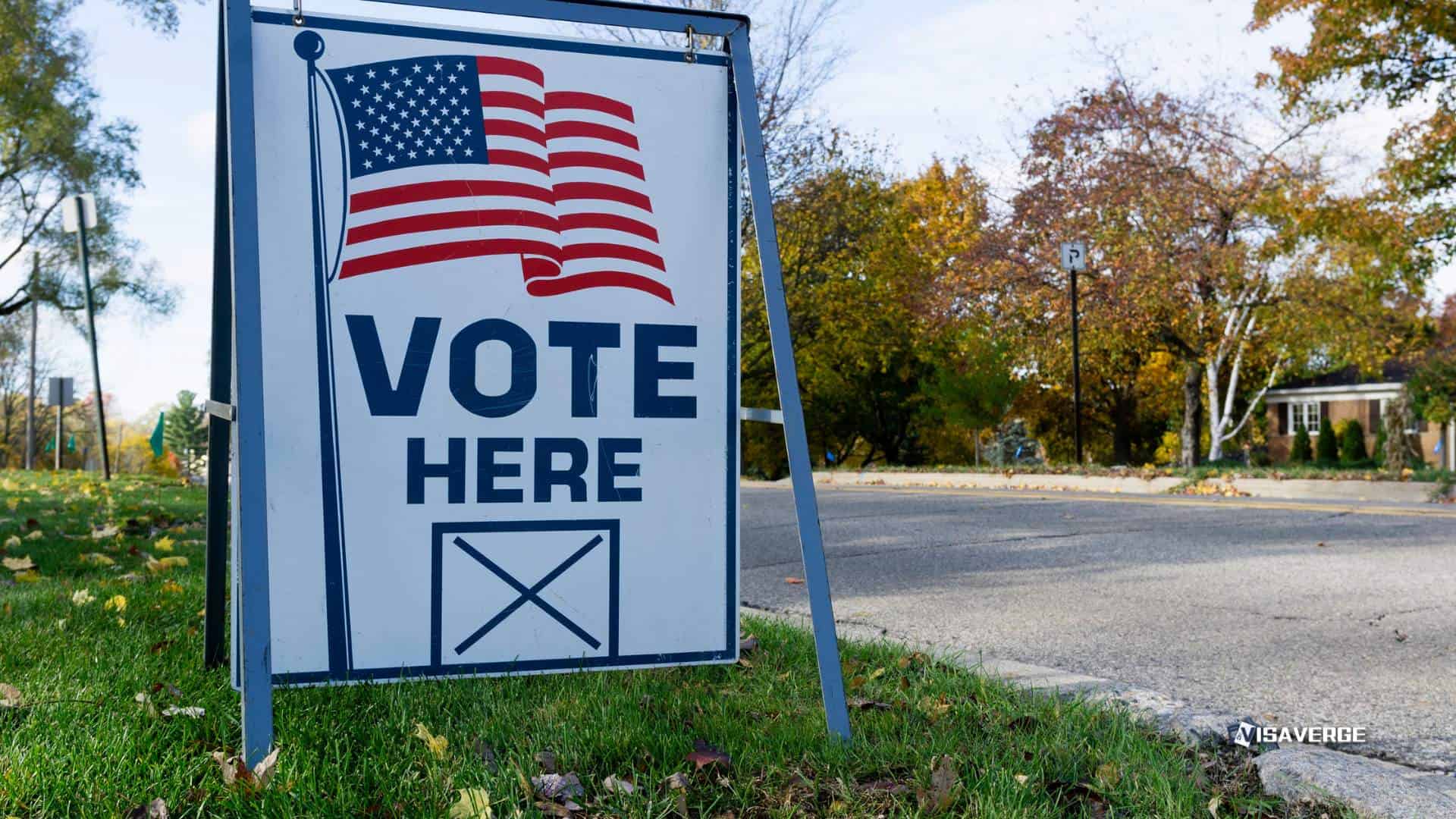Addressing Immigration Issues and the H2-A Program’s Impact on Wisconsin Dairy Farms
Immigration challenges continue to loom over various sectors, with the dairy industry in Wisconsin feeling the pinch more acutely. Recent talks by the Biden administration about potential restrictions concerning immigration have sparked concern among dairy farmers in the state. At the heart of the debate is the H2-A visa program, pivotal for farmers in hiring seasonal workers from abroad but currently excludes dairy farming from its coverage.

What is the H2-A Visa Program?
The H2-A visa program is designed to allow U.S. farmers to employ foreign nationals for seasonal agricultural work. However, dairy farming, which requires year-round labor due to the nature of the work, doesn’t qualify under the current H2-A stipulations. This limitation poses a significant challenge for dairy farm owners like John Rosenow of Rosenholm Dairy in Cochrane, Wisconsin. Rosenow, whose farm is staffed significantly by immigrants, highlights the critical role these workers play in the dairy industry.
“We’ve got 600 milk cows. We milk 24 hours a day. It takes us approximately 55,000 hours a year to get everything done,” Rosenow shared, underscoring the intensive labor required in dairy farming.
Why Extend H2-A to Dairy Farms?
Extending the H2-A program to include dairy farms could significantly alleviate the workforce shortages plaguing the Wisconsin dairy industry. The state’s rural landscape no longer benefits from the once-reliable labor provided by locals, including high schoolers and family members. This shift has left a gap that immigrant workers can fill effectively.
“Decades ago, high schoolers and family members used to provide a stable workforce. That’s just no longer the case. It is the number one issue we hear from members constantly,” Tyler Wenzlaff, the director of national affairs for the Wisconsin Farm Bureau Federation (WFBF), remarked, highlighting the changing dynamics in agricultural labor.
The Potential Impact of Immigration Restrictions
With the Biden Administration considering tightening asylum restrictions due to issues at the Southern Border, there’s a looming fear that such measures could indirectly affect the H2-A visa program. This worry stems from the critical role immigrant workers play in the agricultural sector, particularly in dairy farming, an industry already excluded from the H2-A’s coverage.
“If you took all the immigrant farm workers out of agriculture, there wouldn’t be anything to eat,” said Rosenow, voicing the stark reality of the situation.
The Way Forward
For the Wisconsin dairy industry to thrive, it’s crucial for immigration policies to evolve in a manner that recognizes the unique demands of dairy farming. Extending the H2-A visa program to include dairy farms could be a significant step forward. However, achieving this requires concerted efforts from all stakeholders, including farm owners, industry representatives, and policymakers.
Seeking a Resolution
The ongoing debate around immigration policies and their impact on agricultural labor is complex. For more detailed information on the H2-A visa program and its current parameters, interested parties can visit the U.S. Department of Labor’s page on the H2-A Temporary Agricultural Program.
Ultimately, finding common ground on this issue will require navigating the political landscape carefully and working towards solutions that benefit both the agricultural sector and immigrant workers looking for opportunities in the U.S. The journey to extend H2-A coverage to Wisconsin dairy farms underscores the broader conversation around immigration and its integral role in supporting key industries across the nation.
This Article In A Nutshell:
Immigration policies impact Wisconsin’s dairy industry, excluded from the H2-A program crucial for seasonal workers. Biden’s potential restrictions raise concerns. Extending the program to dairy farms could ease labor shortages. Collaboration among stakeholders is key. Visit the U.S. Department of Labor for in-depth details. Evolving policies essential to sustain dairy farming.








